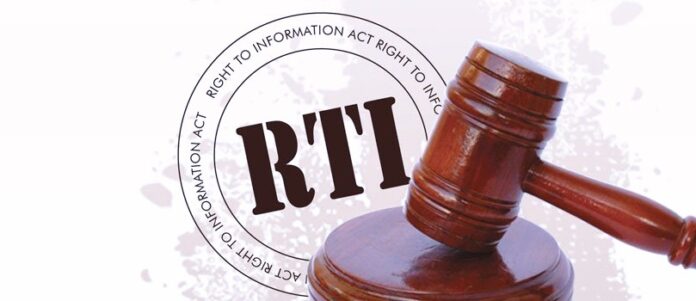A disturbing accountability gap has been uncovered in the implementation of the Right to Information (RTI) Act, 2019 (Act 989), with a Corruption Watch investigation revealing that public institutions are systematically failing to comply — and worse, using taxpayers’ money to pay fines imposed by the RTI Commission (RTIC).
This practice shields individual public officials who deliberately deny citizens access to information from facing personal or professional consequences, undermining the very intent of the law.
Fines paid by the public, not offenders
According to the investigation, several key state institutions mandated to champion transparency are either outright refusing or unduly delaying the release of public information.
When these institutions are fined by the RTIC, the penalties are paid from public funds instead of being surcharged to the officers responsible.
Legal experts argue that this arrangement weakens the deterrent effect of the RTI Act. Private legal practitioner Zakaria Tanko Musah condemned the practice, insisting it defeats the purpose of accountability.
“…If you fine an institution, that money is not going to come from the person who willfully refused to provide the information, although he or she knows that it should be provided,” Mr. Musah said.
He added: “The money is going to be paid by the institution, so they don’t suffer any damage; they don’t suffer any embarrassment, per se.”
Impunity weakens the RTI law
The findings suggest that the RTI Act’s penalty provisions, meant to enforce compliance and promote transparency, are being reduced to mere administrative inconveniences for institutions rather than serious sanctions for misconduct.
The law, hailed as a democratic milestone when passed in 2019, risks being rendered symbolic if fines continue to be settled with taxpayer money while culpable officials remain shielded.
The current arrangement means the very public denied access to information is ultimately forced to fund the penalties through taxes, while officials responsible face no consequences and keep their jobs and salaries.
Calls for personal liability and surcharges
Civil society groups and governance experts are demanding reforms to ensure individual accountability. They are pushing for mechanisms to surcharge fines directly to the salaries of designated Information Officers or institutional heads who deliberately obstruct access to information.
Analysts warn that without such measures, impunity will persist, leaving crucial information on public spending, contracts, and governance locked away — and eroding citizens’ ability to demand accountability.
Source: David Apinga



